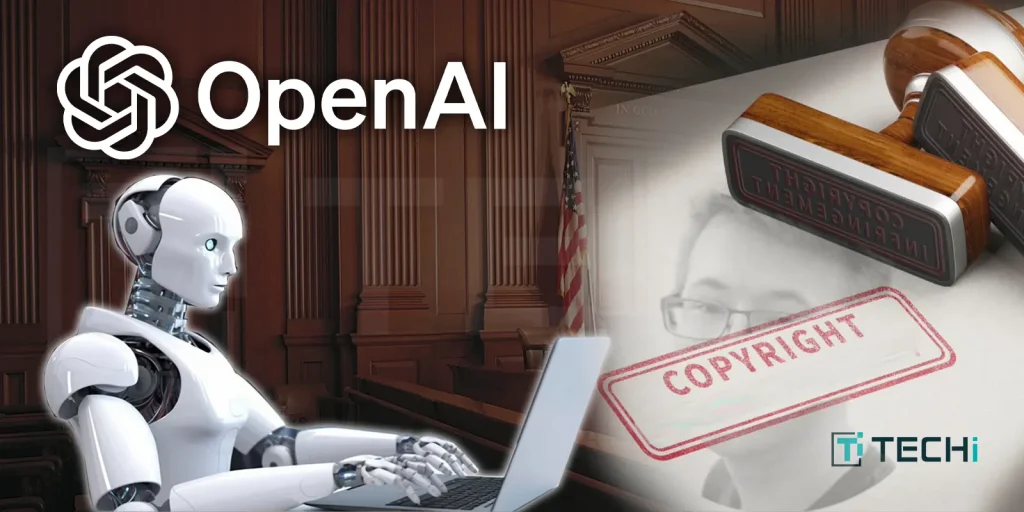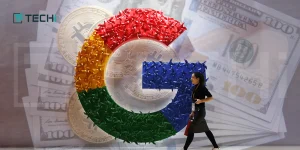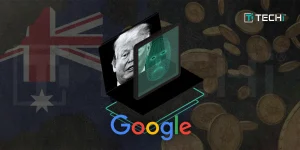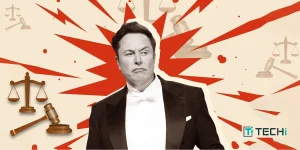Who knew AI models would end up needing copyright lawyers more than programmers? The more artificial intelligence transforms an industry, the more fire it ignites in the legal arena over how these models are trained. The war on AI and intellectual property has now reached a point as the boundaries are violated by exploiting the works of human creators. In this high-profile copyright case, former OpenAI Researcher and its leading Developer in Generative AI, Alec Radford, has been issued a subpoena, shedding further light on the confusing details of AI training data, Fair use, and the future of Generative models. Depending on how the case turns out, it might quite literally become a turning point in the ethics of AI, legal frameworks, and the protection of creative works in the digital age.
According to a court filing, Radford received the subpoena on 25 February, marking a key development in the lawsuit against OpenAI’s use of copyrighted materials in training its AI models. This was filed in the U.S District Court for the Northern District of California in the case entitled “re OpenAI ChatGPT Litigation”, which was previously initiated by several renowned book authors, Paul Tremblay, Sarah Silverman, and Michael Chabon. They claimed that OpenAI used their literary works without authorization to train its AI models, which is a copyright violation. They asserted that OpenAI’s ChatGPT produces text that is very similar to theirs and does not give any credit for it, which amounts to direct copyright infringement.
Radford’s Contribution to OpenAI:
Radford, who most recently left OpenAI to pursue independent research, has also been a key contributor in building the Generative Pre-Trained Transformer (GPT) on which OpenAI’s product, such as ChatGPT, runs. His other recent contributions have been to OpenAI’s speech recognition model Whisper, and its DALL·E image-generation model. Joining OpenAI in 2016, Radford was instrumental in developing the company’s AI capabilities.
Radford’s work as the lead author for OpenAI’s original paper on Generative Pre-trained Transformers provided the foundation for the AI models to support a surplus of applications today. His participation in the lawsuit gives an impression that the accusers are interested in seeking insider knowledge into OpenAI’s training processes and, more evidently, the usage of copyrighted content in making those models.
Legal Feuds:
The irony lies in that OpenAI needs a human lawyer to defend its non-human intelligence. As OpenAI has kept up its defense against copyrighted materials, the storm in the legal battle has intensified. Last year, the court dismissed two of the claims against OpenAI but allowed direct copyright infringement claims to go through. The accusers’ legal team are now seeking testimony from the former personnel of OpenAI to claim support towards justice further.
Radford is not the only big name involved in this legal battle; also caught in its net are Dario Amodei and Benjamin Mann, who left OpenAI to found Anthropic, an AI research company. Although these two former executives have resisted because the burden is too great, they are still answerable. Thus, this week, a U.S. magistrate judge ruled that Amodei must undergo questioning regarding his past work at OpenAI in two separate copyright cases, including one by The Authors Guild.
Broader Implications and Issue of Fair Use:
If the lawsuit is directed in favor of the accusers, it will have significant legal repercussions for the entire AI industry. A favorable ruling would likely force AI companies to re-examine their data collection and usage techniques for training models, followed by tighter controls, arrangements for licensing with content creators, and an alternative definition of copyright protection for AI-generated content.
At the heart of the OpenAI defense is a focus on the fair use doctrine, which allows limited use of copyrighted materials without permission under certain circumstances. On the other hand, the accusers argue that these AI models are commercial products that generate revenue for OpenAI, thus making fair use a questionable argument. As AI-generated content becomes widespread, courts will have to define the lines of fair use regarding machine learning and data scraping.
Therefore, the outcome of this lawsuit will affect both AI developers and content creators. If the courts determine that OpenAI’s use of copyright materials is outside fair use, this could bring new regulations and change how AI models are trained. It would heighten expectations requiring explicit licensing agreements with content creators. Conversely, a ruling in favor of OpenAI may further strengthen the positions of AI companies to scrape an enormous amount of data with minimum oversight.
With everything in mind, the case could be a pioneer for change within the AI sector. It is within the much wider framework of generative models, including not just generative adversarial networks or diffusion models, that gives birth to ethical/legal questions regarding training data. OpenAI claims its processes are protected by fair use, but what becomes an issue is the transparency regarding data sourcing, especially about any potential violation of intellectual property rights.




